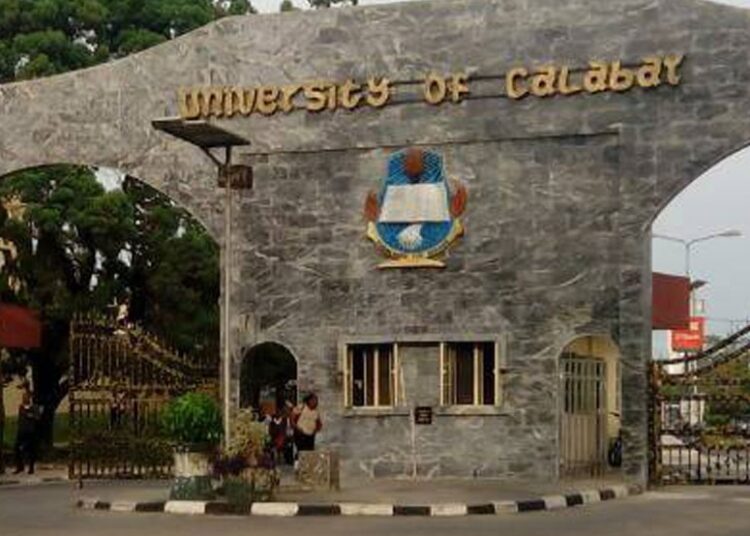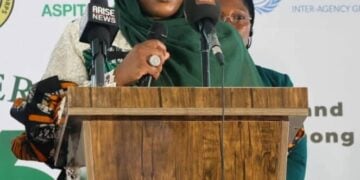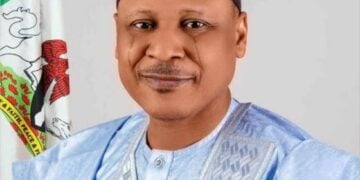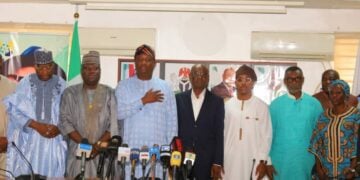A group, Integrity Advocacy for Development Initiative (IADI), has asked the federal government to swiftly intervene in what it described as a “national emergency” in Nigeria’s education sector, following a regulatory impasse that has left over 300 dental students at the University of Calabar (UNICAL) in limbo.
Addressing journalists yesterday in Abuja, IADI’s executive director, Comrade Christopher Ofomhi, condemned what he called a “systemic failure and regulatory dysfunction” plaguing higher education and professional regulation in the country.
Speaking under the theme “Reforming Educational Policy: UNICAL Dentistry Crisis and the Need for Accreditation and Regulatory Alignment,” Ofomhi highlighted the plight of students caught in a jurisdictional clash between the National Universities Commission (NUC) and the Medical and Dental Council of Nigeria (MDCN).
According to him, while the NUC approves academic programmes and student admissions, professional bodies like the MDCN often reject graduating students who exceed independently set quotas—leaving students stranded.
“This leaves students stuck in academic limbo through no fault of their own,” Ofomhi said. “It reflects a troubling lack of inter-agency synergy and a disconnect that unfairly punishes students while undermining the credibility of our education system.”
He described as “archaic” the policy limiting dental student admissions to just 10 per institution annually, calling it unrealistic for a nation of over 200 million people facing an acute shortage of dental professionals.
“It is ironic that while local universities face rigid quotas, the MDCN continues to register an increasing number of foreign-trained dentists. This double standard fuels brain drain and weakens our local institutions,” he said.
The group further accused professional regulatory councils of overstepping their bounds by interfering with academic admissions—a function traditionally reserved for the NUC.
He urged the MDCN and similar bodies to focus solely on certification and licensing post-graduation.
Beyond UNICAL, the group noted that similar issues are affecting other disciplines across the country, including engineering, law, nursing, and pharmacy. Ofomhi blamed the crisis on inherited policy contradictions rather than the failure of university leadership.
“We must not scapegoat university administrations when the real issue lies with outdated and conflicting mandates of regulatory councils,” he said.
“We demand fairness, we demand reform, and above all, we demand a system where Nigerian students can pursue their dreams without fear of arbitrary disruption,” he added.





